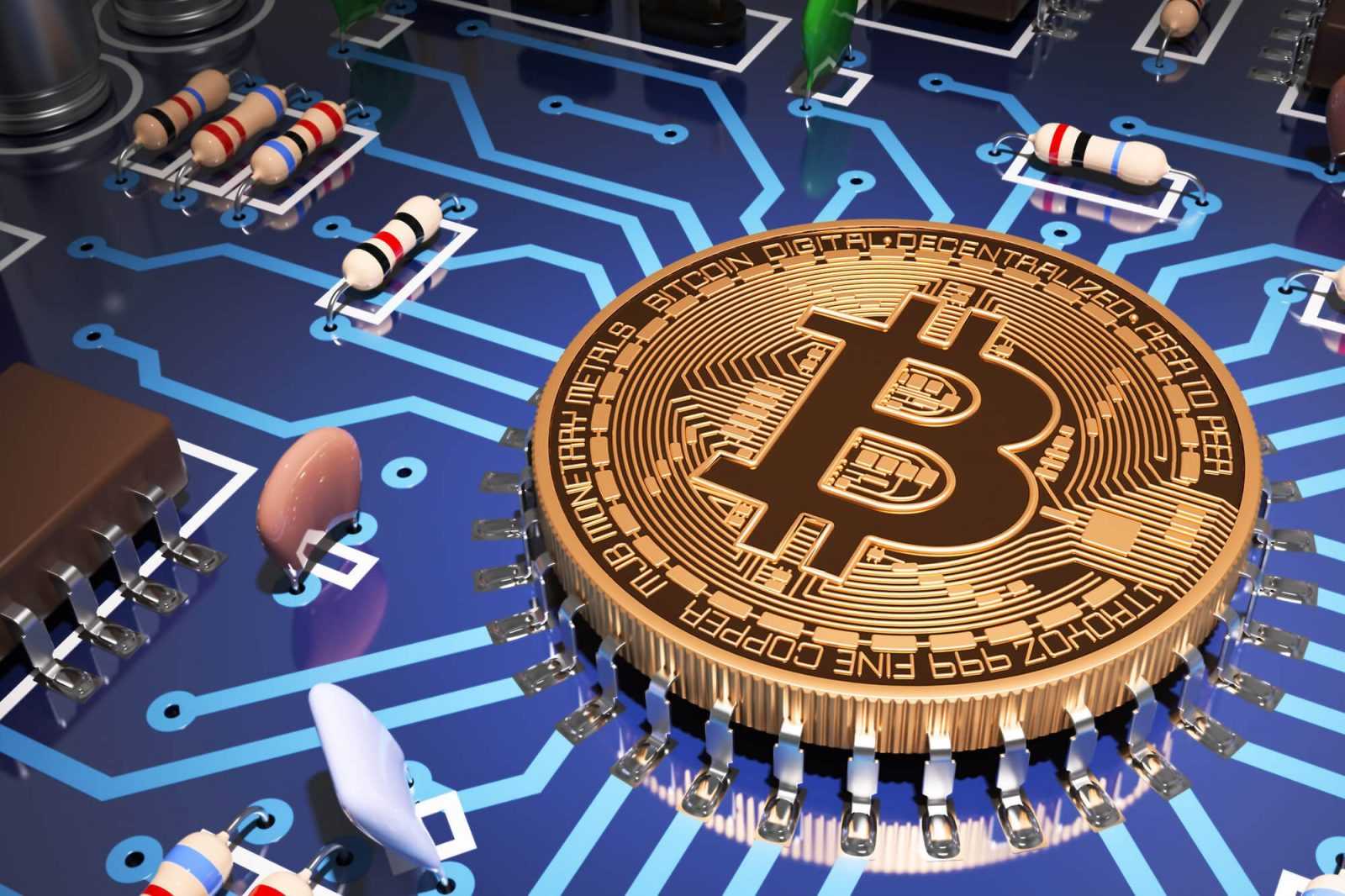Value of all cryptocurrencies
One of the biggest winners is Axie Infinity — a Pokémon-inspired game where players collect Axies (NFTs of digital pets), breed and battle them against other players to earn Smooth Love Potion (SLP) — the in-game reward token https://taoxoan.info/banking-options/paypal/. This game was extremely popular in developing countries like The Philippines, due to the level of income they could earn. Players in the Philippines can check the price of SLP to PHP today directly on CoinMarketCap.
Price volatility has long been one of the features of the cryptocurrency market. When asset prices move quickly in either direction and the market itself is relatively thin, it can sometimes be difficult to conduct transactions as might be needed. To overcome this problem, a new type of cryptocurrency tied in value to existing currencies — ranging from the U.S. dollar, other fiats or even other cryptocurrencies — arose. These new cryptocurrency are known as stablecoins, and they can be used for a multitude of purposes due to their stability.
In January 2024 the SEC approved 11 exchange traded funds to invest in Bitcoin. There were already a number of Bitcoin ETFs available in other countries, but this change allowed them to be available to retail investors in the United States. This opens the way for a much wider range of investors to be able to add some exposure to cryptocurrency in their portfolios.

Are all cryptocurrencies the same
Many companies have tried to reduce volatility by introducing stablecoins, whose value is fixed to the price of fiat currency. This is usually done by depositing an equivalent amount of fiat, which can be used to redeem the tokens. However, stablecoin issuers such as Tether have used these deposits on more speculative investments, raising concerns that they are vulnerable to a market crash.
Cryptocurrencies like Bitcoin have exploded in value, but they are largely used for speculation or to buy other speculative assets. Although there have been some signs of merchant adoption in countries like El Salvador, the high volatility and complexity of these currencies make them impractical for most daily applications.
Cryptocurrency takes the upper hand over digital currencies in terms of encryption features. Digital currencies are basically another form of electronic or digital cash that does not need any special encryption methods. However, the digital currency vs cryptocurrency comparison in terms of security shows that cryptocurrencies use cryptography to their advantage for security.

Many companies have tried to reduce volatility by introducing stablecoins, whose value is fixed to the price of fiat currency. This is usually done by depositing an equivalent amount of fiat, which can be used to redeem the tokens. However, stablecoin issuers such as Tether have used these deposits on more speculative investments, raising concerns that they are vulnerable to a market crash.
Cryptocurrencies like Bitcoin have exploded in value, but they are largely used for speculation or to buy other speculative assets. Although there have been some signs of merchant adoption in countries like El Salvador, the high volatility and complexity of these currencies make them impractical for most daily applications.
Are all cryptocurrencies based on blockchain
Once a block is closed, a transaction is complete. However, the block is not considered confirmed until five other blocks have been validated. Confirmation takes the network about one hour to complete because it averages just under 10 minutes per block (the first block with your transaction and five following blocks multiplied by 10 equals 60 minutes).
This system can be seen as both a pro and a con. It gives anyone access to financial accounts, but allows criminals to transact more easily. Many have argued that the good uses of crypto, like banking the unbanked, outweigh the bad uses of cryptocurrency, especially when most illegal activity is still accomplished through untraceable cash.
By integrating blockchain into banks, consumers might see their transactions processed in minutes or seconds—the time it takes to add a block to the blockchain, regardless of holidays or the time of day or week. With blockchain, banks also have the opportunity to exchange funds between institutions more quickly and securely. Given the sums involved, even the few days the money is in transit can carry significant costs and risks for banks.
